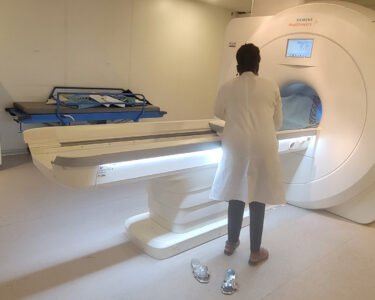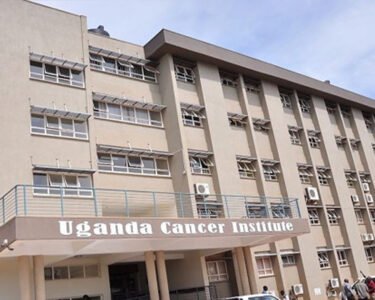The procedure, which lasted nearly four hours, signifies a momentous achievement for the medical professionals involved as well as the healthcare system of Uganda. Kidney transplantation is a complex surgical procedure that requires specialized expertise, advanced facilities, and a well-coordinated medical team.
With this achievement, Mulago National Referral Hospital has showcased its commitment to providing advanced and specialized healthcare services to its patients. This groundbreaking procedure not only offers a new lease on life for individuals suffering from kidney failure but also provides hope to many others who may require similar transplants in the future.
The successful kidney transplant at Mulago National Referral Hospital is a significant step forward for Uganda’s healthcare system. It demonstrates the nation’s growing capacity to tackle complex medical procedures and provides a platform for further advancements in the field of organ transplantation.
Moreover, the ability to perform kidney transplants domestically reduces the need for Ugandan patients to seek these procedures abroad, saving them from the financial burden and logistical challenges associated with medical tourism.
This achievement also highlights the importance of continued investment in healthcare infrastructure, medical research, and training programs for healthcare professionals in Uganda. As the nation expands its medical capabilities, it can further enhance its ability to provide advanced treatments and improve healthcare outcomes for its population.
Kidney disease is indeed a growing concern in Uganda, and it is alarming to see it among the top 10 causes of death. Chronic Kidney Disease (CKD) is a long-term condition characterized by the gradual loss of kidney function. It can be caused by various factors, including diabetes, hypertension, infections, and certain medications.
The case fatality rate of 21% among patients admitted with CKD indicates that a significant number of individuals with this condition are not surviving. This could be due to several reasons, including late diagnosis, limited access to healthcare services, inadequate treatment options, and a lack of awareness.
Late diagnosis is a common challenge in many developing countries, including Uganda. Symptoms of kidney disease may be nonspecific or attributed to other conditions, leading to delayed diagnosis and treatment initiation. Additionally, limited access to healthcare services, particularly in rural areas, hampers timely diagnosis and management.
Inadequate treatment options pose another challenge. Treatment for CKD may involve lifestyle modifications, medications, dialysis, or, in severe cases, kidney transplantation. However, these treatment modalities may not be readily available or affordable for many patients in Uganda, leading to suboptimal care and poor outcomes.
Moreover, a lack of awareness about kidney disease and its risk factors among the general population contributes to the high prevalence. Public health campaigns and educational initiatives should be implemented to improve knowledge and promote preventive measures. Emphasizing the importance of regular health check-ups, blood pressure management, diabetes control, and avoiding nephrotoxic medications can help reduce the burden of kidney disease.
Efforts should also be made to strengthen the healthcare infrastructure, improve access to diagnostic tools, and enhance the capacity of healthcare professionals for early detection and proper management of kidney disease. This includes increasing the number of nephrologists, expanding dialysis facilities, and facilitating affordable kidney transplantation options.
Addressing the rising burden of kidney disease requires a comprehensive approach involving government policies, healthcare providers, communities, and individuals. By raising awareness, improving access to quality care, and implementing preventive strategies, the impact of kidney disease in Uganda can be mitigated, leading to improved patient outcomes and reduced mortality rates.





